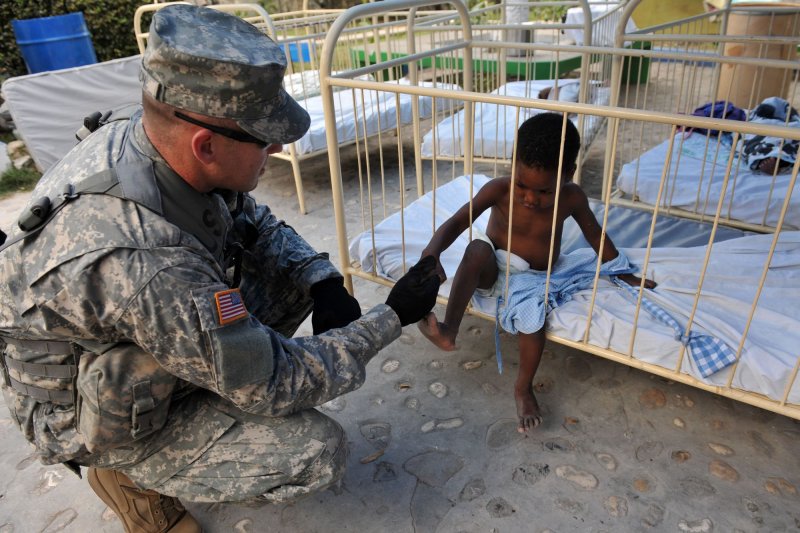By Mark Doyle
And I still con't find what happened to all those millions raised to aid them.
UN efforts to tackle cholera in Haiti are "almost non-existent", a charity says, as the world body faces court action for inadvertently starting a cholera epidemic in the country.
Late last year, the UN launched a $2.2bn-appeal (£1.5bn) to improve water supplies in Haiti.
But Medecins Sans Frontieres says this has had almost no practical effect.
The UN is accused of negligently allowing peacekeeping soldiers to pollute Haiti's water with cholera.
And I still con't find what happened to all those millions raised to aid them.





